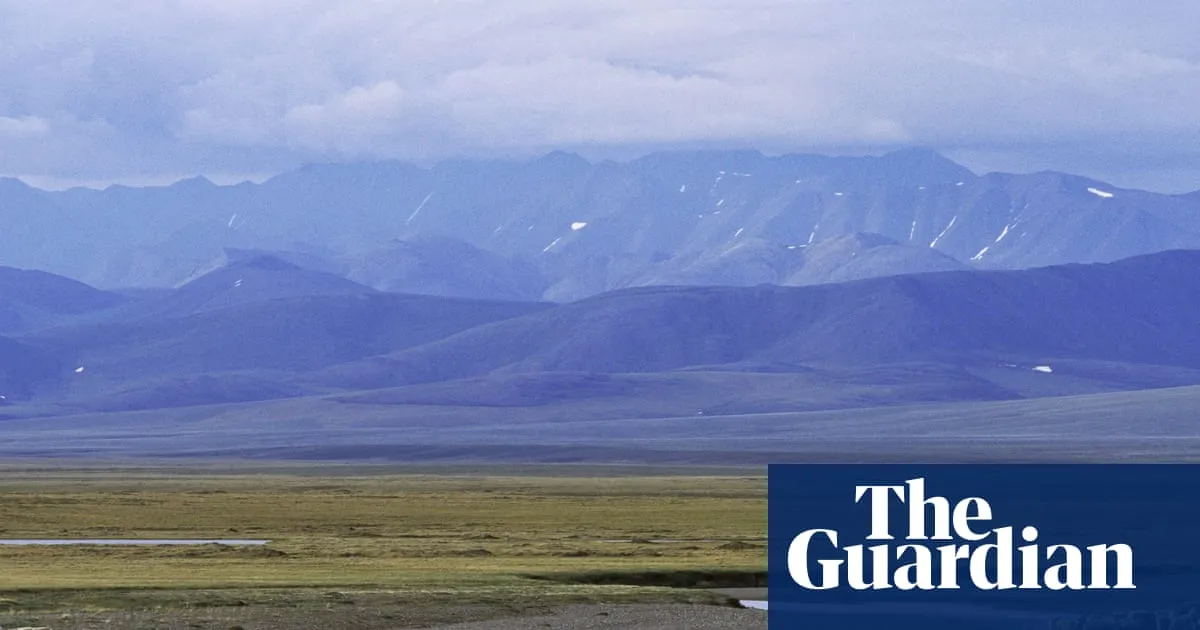
The Trump administration has officially approved an extensive expansion of oil and gas drilling operations across Alaska's Arctic National Wildlife Refuge (ANWR), a decision that has ignited significant backlash from environmental conservation organizations. On Thursday, the Interior Secretary revealed plans to open up 1.56 million acres of the coastal plains of ANWR, an area teeming with diverse wildlife including polar bears, caribou, moose, as well as marine species such as whales and seals.
In conjunction with this announcement, the Interior Department also disclosed plans for an upcoming oil and gas lease sale in the National Petroleum Reserve in Alaska this winter. This sale will be the first in the 23 million-acre reserve since 2019. The timing of this announcement coincides with the Trump administration's efforts to reverse the protective measures put in place by Joe Biden in 2024, which aimed to safeguard the reserve.
Moreover, the Interior Department has reissued permits necessary for the controversial Ambler Road Project, which proposes the construction of a 211-mile gravel road that would cut through southwestern Alaska’s Izembek National Wildlife Refuge. This project has raised alarm among conservationists, as it poses a threat to over 200,000 migratory birds that traverse the refuge each year, in addition to other vulnerable wildlife species.
The Ambler Road Project is also under scrutiny for its potential impact on Indigenous tribes that depend on the region for hunting and fishing. Notably, at least 39 of Alaska’s interior villages and 37 tribes have voiced their opposition to the project. In contrast, proponents, including Alaska’s congressional representatives, argue that the road is essential for accessing a significant $7 billion copper deposit, along with other vital minerals such as cobalt and zinc.
In defense of these initiatives, Interior Secretary Doug Burgum stated, “From day one, President Trump directed us to unlock Alaska’s energy and resource potential while honoring commitments to the state and local communities. By reopening the coastal plain and advancing key infrastructure, we are strengthening energy independence, creating jobs, and supporting Alaska’s communities while driving economic growth across the state.”
However, environmental groups have reacted strongly against these developments. The Alaska Wilderness League expressed concern, stating, “The Arctic refuge is the crown jewel of our public lands system. During a government shutdown, when everyday Americans are left without basic services, President Trump has chosen to double down on failed policies that prioritize oil corporations over people.”
Furthermore, the non-profit group Earthjustice condemned the administration’s decision. Attorney Erik Grafe remarked, “Today’s Arctic refuge announcement puts America – and Alaska – last. Expanding oil drilling in the Arctic threatens irreplaceable wildlife and cultural traditions that exist nowhere else in the world … The Gwich’in people, most Americans, and even major banks and insurance companies know the Arctic refuge is no place to drill.”
This recent approval for drilling in ANWR not only raises critical environmental concerns but also highlights the ongoing conflict between resource development and conservation efforts in one of America’s most precious natural landscapes.